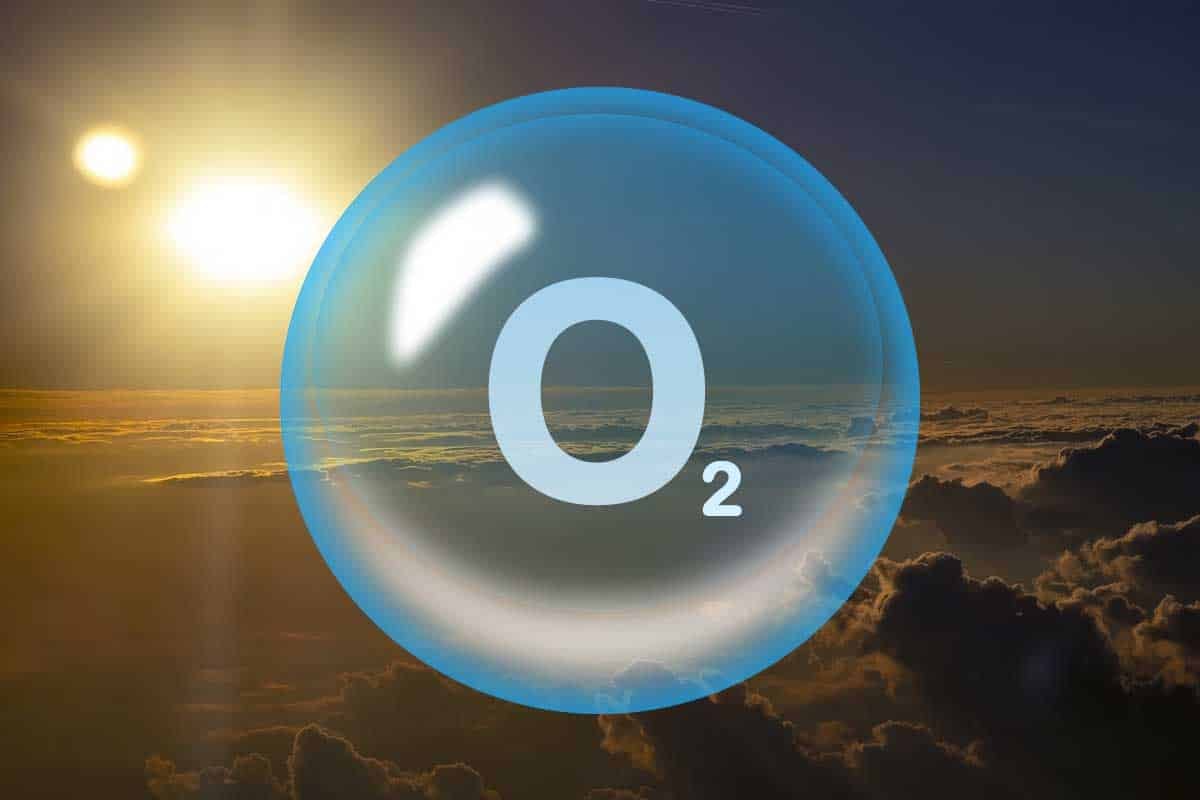Oxygen is essential for human survival and plays a crucial role in various physiological processes.
Its effects on human health are generally positive, but under certain conditions, oxygen can have adverse effects. Oxygen gas is essential for human survival, playing a crucial role in various physiological processes.
As the primary element involved in cellular respiration, oxygen is transported by red blood cells from the lungs to the rest of the body, enabling the production of energy in the form of ATP. Adequate oxygen levels are vital for maintaining cellular function, supporting brain activity, and ensuring the proper operation of organs and tissues.
Positive Effects of Oxygen
- Cellular Respiration: Oxygen is vital for cellular respiration, the process by which cells produce energy. Oxygen combines with glucose to produce adenosine triphosphate (ATP), the energy currency of cells, along with carbon dioxide and water as byproducts.
- Brain Function: Adequate oxygen levels are necessary for optimal brain function. The brain uses approximately 20% of the body's oxygen supply. Adequate oxygenation improves concentration, cognitive function, and memory.
- Healing and Recovery: Oxygen therapy is often used in medical settings to promote healing and recovery. It can enhance the body's natural healing processes, particularly in conditions like chronic wounds, severe infections, and during post-surgical recovery.
- Physical Performance: Athletes and individuals engaging in strenuous activities benefit from proper oxygenation. Oxygen supports muscle function and endurance, helping to reduce fatigue and improve overall performance.





Comments